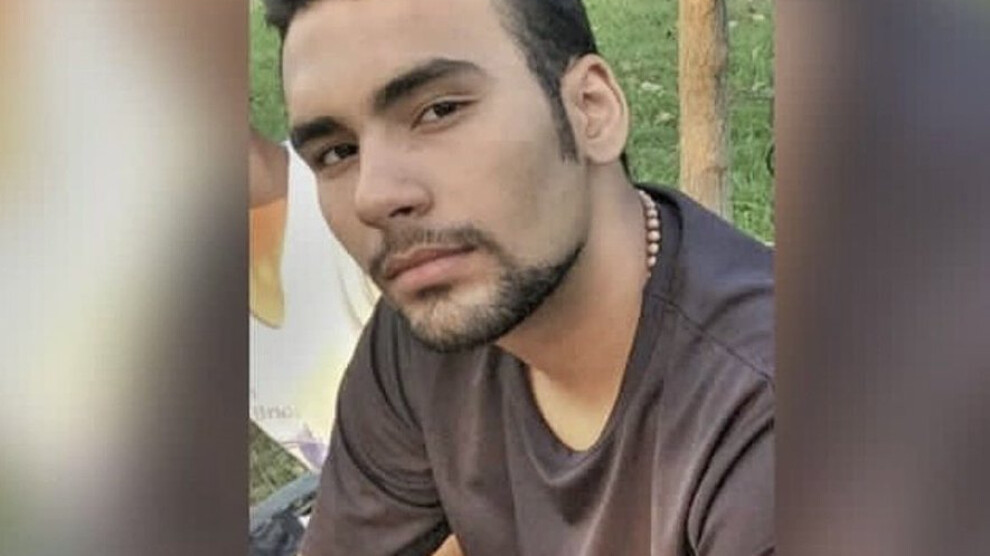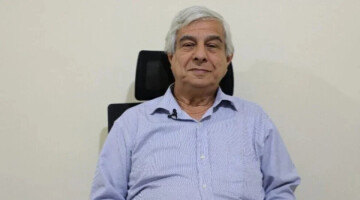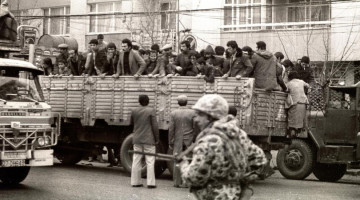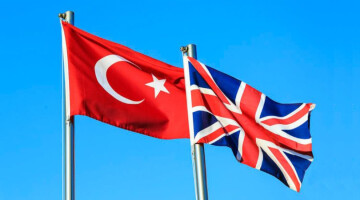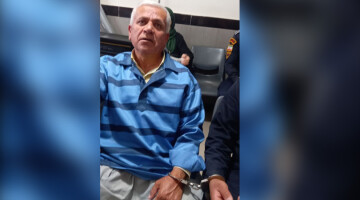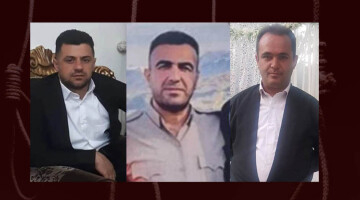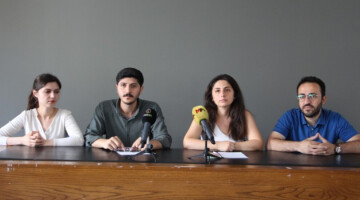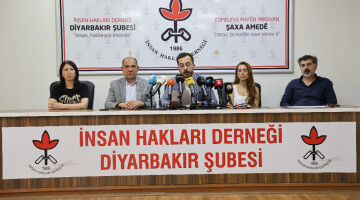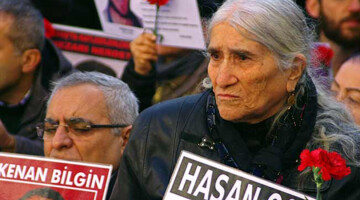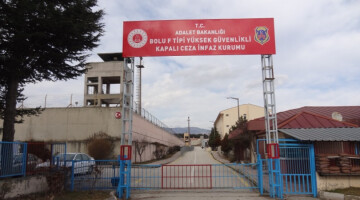The Islamic Republic’s judiciary announced the execution of protester Mohsen Shekari on Thursday morning. Iran Human Rights immediately reacted to this execution, condeming it in the "strongest possible terms" and "urging the international community to stop the execution of protesters."
Iran Human Rights's director Mahmood Amiry-Moghaddam said: “Mohsen Shekari was executed after a hasty and unfair trial without a lawyer. The international community must immediately and strongly react to this execution. The Islamic Republic must face consequences that will prevent the further execution of protesters. If Mohsen Shekari’s execution is not met with serious consequences for the government, we will face mass execution of protesters.”
According to the judiciary’s Mizan news agency, protester Mohsen Shekari was executed in the early hours of December 8. Mohsen was arrested on Sattar Khan Street in Tehran on September 25.
Mohsen was sentenced to death for charges of “moharebeh (enmity against god) through pulling a weapon with the intention of killing and creating terror and depriving the public of freedom and security, causing intentional injury with a cold weapon to a basij officer on duty, blocking Sattar Khan Street in Tehran and disrupting national order and security.”
It took 75 days from Mohsen Shekari’s arrest to execution. He was denied access to his lawyer throughout the interrogation phase or legal proceedings. Mohsen’s forced confessions were aired hours after his execution by the IRGC’s Fars news agency. In the video, his face is visibly injured.
This is the first officially reported execution of a protester arrested during the current nationwide protests. Death penalty sentences have been issued against at least 11 other protesters; they are at serious and imminent risk of execution. Dozens more protesters are also facing death penalty charges.

